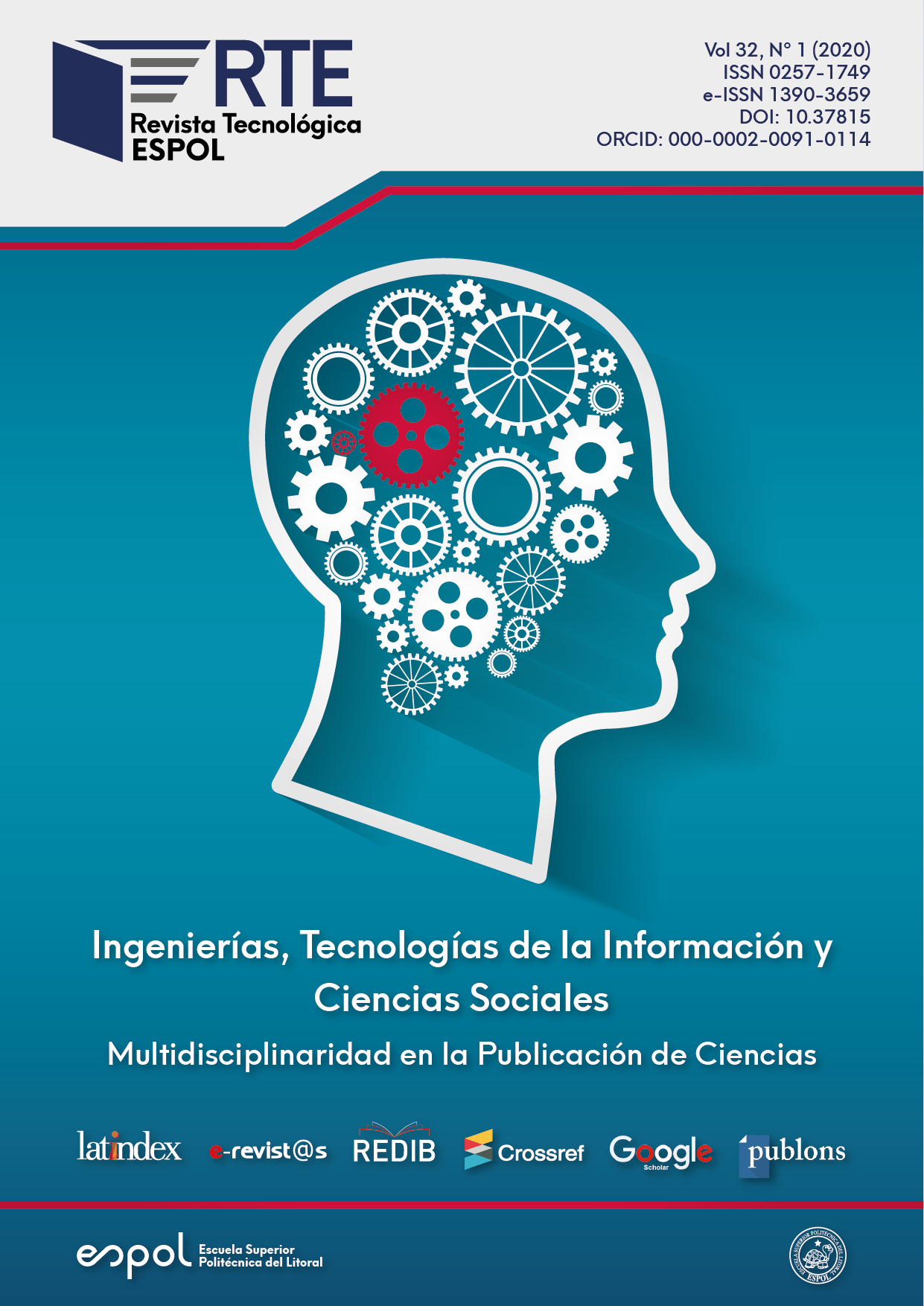Vehicle traffic is a common problem in almost any city or country in the world, which considerably affects the general population. In order to solve this, mathematical models have been used, and in this case, we have considered fuzzy cognitive maps, which are graphs that are employed to represent causality between different factors or concepts that intervene to solve a problem that is not easy to solve. In this work, a model is implemented to allow finding a solution to the problem of vehicular traffic by applying fuzzy logic and fuzzy cognitive maps. Its use allows increasing ease in decision-making. A case study supported by a computer tool was developed to facilitate the elaboration of fuzzy cognitive maps. Through the use of fuzzy cognitive maps, results will be obtained to analyze the impact of the different elements that affect vehicle traffic and determine the feasibility/efficacy of the information obtained as a final product, which leads to the contribution of significant improvements in transportation and road safety services.

This work is licensed under a Creative Commons Attribution-NonCommercial 4.0 International License.







